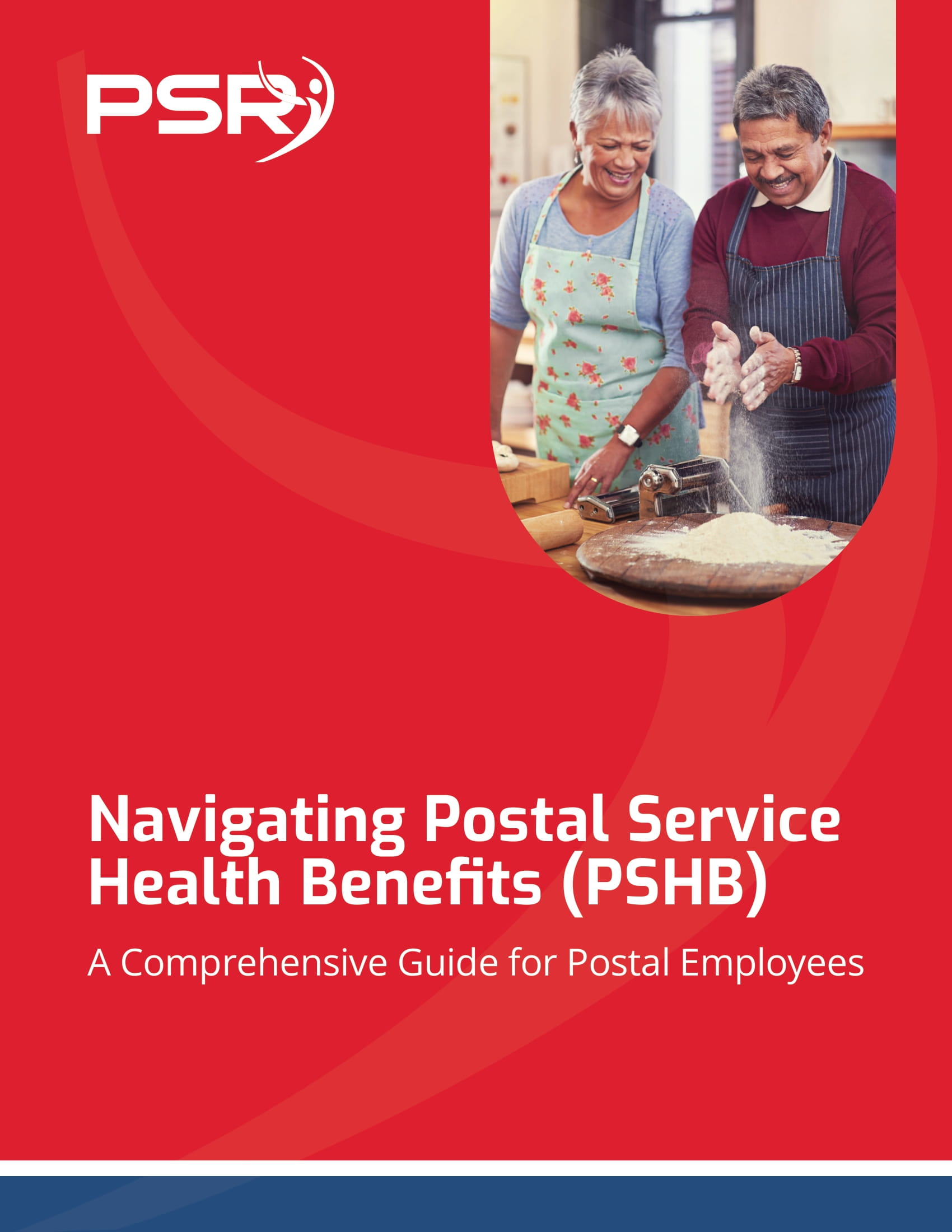Key Takeaways:
- The Windfall Elimination Provision (WEP) and Government Pension Offset (GPO) can significantly reduce Social Security benefits for federal employees, especially those under the Civil Service Retirement System (CSRS).
- Knowing how these rules work is crucial for federal employees to plan their retirement strategies effectively and mitigate potential benefit reductions.
Social Security for Federal Employees—How WEP and GPO Could Change What You Actually Receive
- Also Read: Divorce and Your Federal Pension—What Happens When You Split Assets and How It Could Affect Your TSP
- Also Read: What Happens to Your Federal Benefits After Divorce? Here’s the Lowdown
- Also Read: The Best FEHB Plans for 2025: Which One Fits Your Lifestyle and Budget the Best?
What Is the Windfall Elimination Provision (WEP)?
WEP is a rule that reduces Social Security benefits for individuals who receive pensions from work not covered by Social Security, such as CSRS employees. While employees under the Federal Employees Retirement System (FERS) generally contribute to Social Security and are less affected, CSRS participants are vulnerable.
WEP aims to prevent those with non-Social Security-covered pensions from also receiving full Social Security benefits. In 2024, the maximum monthly reduction under WEP is $587. This adjustment is designed to balance benefits, ensuring fairness, but it can significantly lower expected payouts.
How WEP Works
Normally, Social Security benefits are based on a formula that offers higher percentages of income replacement for lower-earning individuals. However, for those affected by WEP, the formula’s first factor is reduced. Instead of using 90% of your first bracket of average earnings, WEP may reduce this figure to as low as 40%.
However, if you accumulate 30 or more years of substantial earnings in Social Security-covered employment, the impact of WEP is eliminated. With 21 to 29 years of such earnings, the reduction is phased out gradually. Federal employees who have worked in private-sector jobs or plan to do so can use this strategy to mitigate WEP’s effect.
Understanding the Government Pension Offset (GPO)
GPO primarily impacts spousal and survivor Social Security benefits. If you receive a federal pension from work not covered by Social Security, the GPO reduces your Social Security spousal or survivor benefits by two-thirds of your government pension amount. This offset can be significant, often eliminating benefits entirely for some individuals.
For example, if your CSRS pension is $900 per month, two-thirds of this ($600) would offset your spousal benefit. If the spousal benefit is $600 or less, it may be reduced to zero. GPO is intended to replicate how Social Security applies spousal benefits for workers who pay into the system, ensuring that those who receive government pensions don’t receive double benefits.
Who Is Affected by WEP and GPO?
CSRS employees are the most impacted by WEP and GPO since they do not pay into Social Security. However, workers who have had both covered and non-covered employment may also see reductions. Employees who have worked in Social Security-covered jobs before or after their federal service should be aware of these provisions, as they could still apply if a non-covered pension is received.
FERS employees, who generally pay into Social Security, are less affected. However, if they receive a pension from other non-covered work, WEP and GPO could still impact their benefits. Understanding which group you fall into and how your employment history affects your benefits is crucial for accurate retirement planning.
Strategies to Minimize the Impact of WEP and GPO
-
Increase Years of Substantial Earnings: If you have 30 or more years of substantial earnings in Social Security-covered employment, WEP may not apply. Even if you don’t reach 30 years, having 21 to 29 years can lessen its impact. Working additional years in Social Security-covered employment may reduce or eliminate WEP’s reduction.
-
Review Benefit Statements Regularly: Reviewing your Social Security statements will give you insight into how WEP and GPO could impact your benefits. The Social Security Administration provides estimates accounting for these provisions if they apply, helping you plan ahead.
-
Diversify Retirement Income: To offset potential reductions in Social Security benefits, consider increasing your Thrift Savings Plan (TSP) contributions or investing in other retirement accounts, such as IRAs. If WEP or GPO significantly reduces your benefits, these savings can help fill the gap.
General Financial Implications
WEP and GPO can have substantial financial effects on retirement planning. In 2024, the maximum WEP reduction is $587 per month, which can result in a loss of over $7,000 annually. For those relying heavily on Social Security benefits, this reduction could necessitate adjustments to budgets or additional income sources.
Federal employees should be mindful of how these provisions interact with other retirement accounts like the TSP. Exploring other investment options is a proactive step to mitigate the potential financial impact. Consulting with financial advisors who specialize in federal benefits and Social Security rules can provide tailored strategies to maximize your retirement income.
Stay Updated on Legislative Changes
It is crucial for federal employees to stay informed about legislative changes to WEP and GPO. Although these provisions have faced calls for reform, they remain in effect. Bills like the Social Security Fairness Act have been proposed to modify or eliminate WEP and GPO, but changes are uncertain. Staying updated on legislative developments ensures you can adapt your plans if new rules are introduced.
Proactive Retirement Planning for Federal Employees
To minimize the effects of WEP and GPO, consider the following strategies:
- Maximize Contributions to the TSP: Boosting contributions to your TSP or other retirement accounts helps create a safety net. If you are over 50, take advantage of catch-up contributions to increase your savings.
- Work Additional Years in Covered Employment: For those affected by WEP, accumulating more years in Social Security-covered employment can reduce or eliminate the WEP reduction. This strategy is particularly effective for federal employees planning second careers in the private sector.
- Monitor Policy Updates: Changes in legislation can impact WEP and GPO. Staying informed allows you to adjust your retirement plans accordingly.
By being proactive and understanding how WEP and GPO might affect your retirement income, federal employees can ensure a more predictable and stable financial future.
Preparing for the Impact of WEP and GPO
Federal employees must be aware of how WEP and GPO can alter their retirement benefits. Knowing the specifics of these provisions helps individuals plan effectively, ensuring their retirement income meets expectations. By taking action—whether by increasing TSP contributions, working additional Social Security-covered years, or consulting with a professional—you can safeguard your financial future and enjoy a secure retirement.













